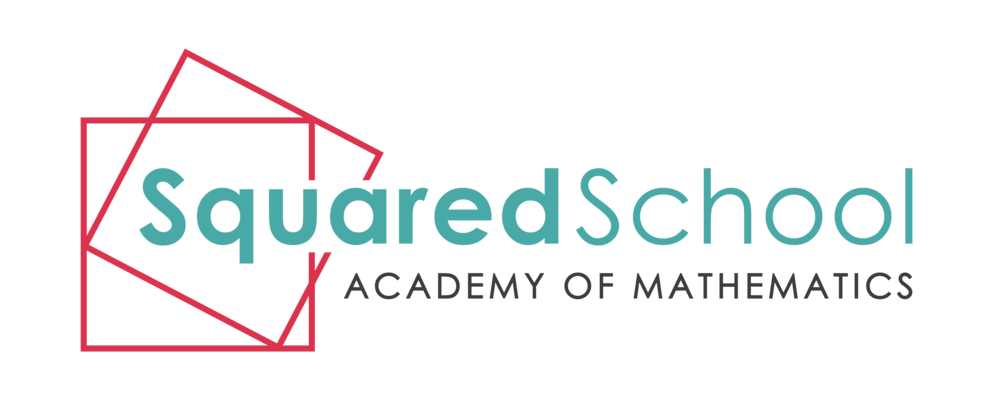
How important is strength in mathematics?
“Philosophy is written in this grand book, the universe, which stands continually open to our gaze. But the book cannot be understood unless one first learns to comprehend the language and read the letters in which it is composed. It is written in the language of mathematics…”
The universal language of mathematics is still important today.
The universal language of mathematics was important in Galileo’s time, was also important in ancient civilizations, over 2,300 years ago, and is still important today, in our fast-moving information age.
The world has changed dramatically since 300 B.C. Our children, with their iPhone or Android devices, navigate a fast-paced world of technology. A vast amount of information and learning, from time immemorial, is organized, stored, and is easily accessible, a click away. Even before quantum computing, Artificial Intelligence has squarely defeated top chess grandmasters. 5G is almost here. And fiber optics speeds tested in the lab are approaching the level that can download the entire Netflix movie library in one second.
In this world of technological “miracles”, our children still study the wonders of Geometry that were discovered, developed, and compiled by Euclid, about 2,300 years ago. They also study Algebra, the foundations of which were established by another brilliant Greek, Diophantus, who lived about 1,800 years ago. These foundations were shaped into a comprehensive framework by the “father of Algebra”, Muhammad al-Khwarizmi. He lived about 1,200 years ago in Baghdad, Iraq. The word algebra is Arabic. And the word algorithm comes from the name al-Khwarizmi.
Our cable news channels report endless poll predictions. These predictions are based on statistical methods first explored in the age of al-Khwarizmi, by Islamic mathematicians who studied cryptology and the related fields of probability and combinatorics. These methods were further codified by Gerolamo Cardano, an Italian polymath who lived about 500 years ago, and were ultimately built into a cohesive framework by two famous Frenchmen: Blaise Pascal and Pierre de Fermat, who lived about 400 years ago.
Each time you view your bank account online, the security of your communication is guarded by prime numbers.
Each time you view your bank account online, the security of your communication is guarded by prime numbers. A prime number is a number that only has two divisors: one and itself. The security is assured by what is referred to as a “public key encryption” protocol. This is founded partly on the fact that to multiply two enormous prime numbers is easy, but to do the same operation in reverse, i.e. to find the two component parts from the product, is very difficult. Pierre de Fermat’s groundbreaking work in Number Theory (the study of integers, including prime numbers), together with the work of a Swiss math giant - Leonhard Euler, and the work of others, enabled a more modern development of the public key encryption.
Today, more than 2,500 satellites circle the Earth. They would not be there without the development of Calculus by Sir Isaac Newton and Gottfried Leibniz, who lived about 300 years ago.
And the whole system of modern banking and commerce would have been impossible without the work of the Renaissance mathematician Luca Pacioli who developed the double-entry system of accounting. He was also Leonardo da Vinci’s math tutor.
Leonardo of Pisa, also known as Fibonacci, helped pave the way for the flourishing of commerce, science and art in Renaissance Europe. Because of his book, Liber Abaci, the cumbersome Roman numerals used in Europe were replaced with Hindu-Arabic numeral system, which had been used by al-Khwarizmi.
“Read mathematics like a house on fire.”
While some may view the study of Galápagos finches as not an overly “mathematical” activity, Charles Darwin greatly emphasized mathematics in natural sciences. He was so convinced in the power of mathematics, that he urged his cousin Francis Galton to interrupt his medical studies and rigorously study math first: “... read Mathematics like a house on fire ... ”. Galton added substantially to the discipline of statistics, although his name is also associated with the controversial field of eugenics.
Napoleon Bonaparte, one of history’s greatest military commanders, studied artillery at the Paris Ecole Militaire military school. At the time the Ecole Militaire was very exclusive and, to study artillery, admitted only a select few young men who were excellent at math. Napoleon was one of those men.
Mathematics has been vital to the development of human civilization. As we look to the future, it remains vital. It will open doors like no other discipline. Mathematics is a key to enter the right college, and to obtain the right job, and is also fundamental to understanding the world and to make good decisions in our lives.

